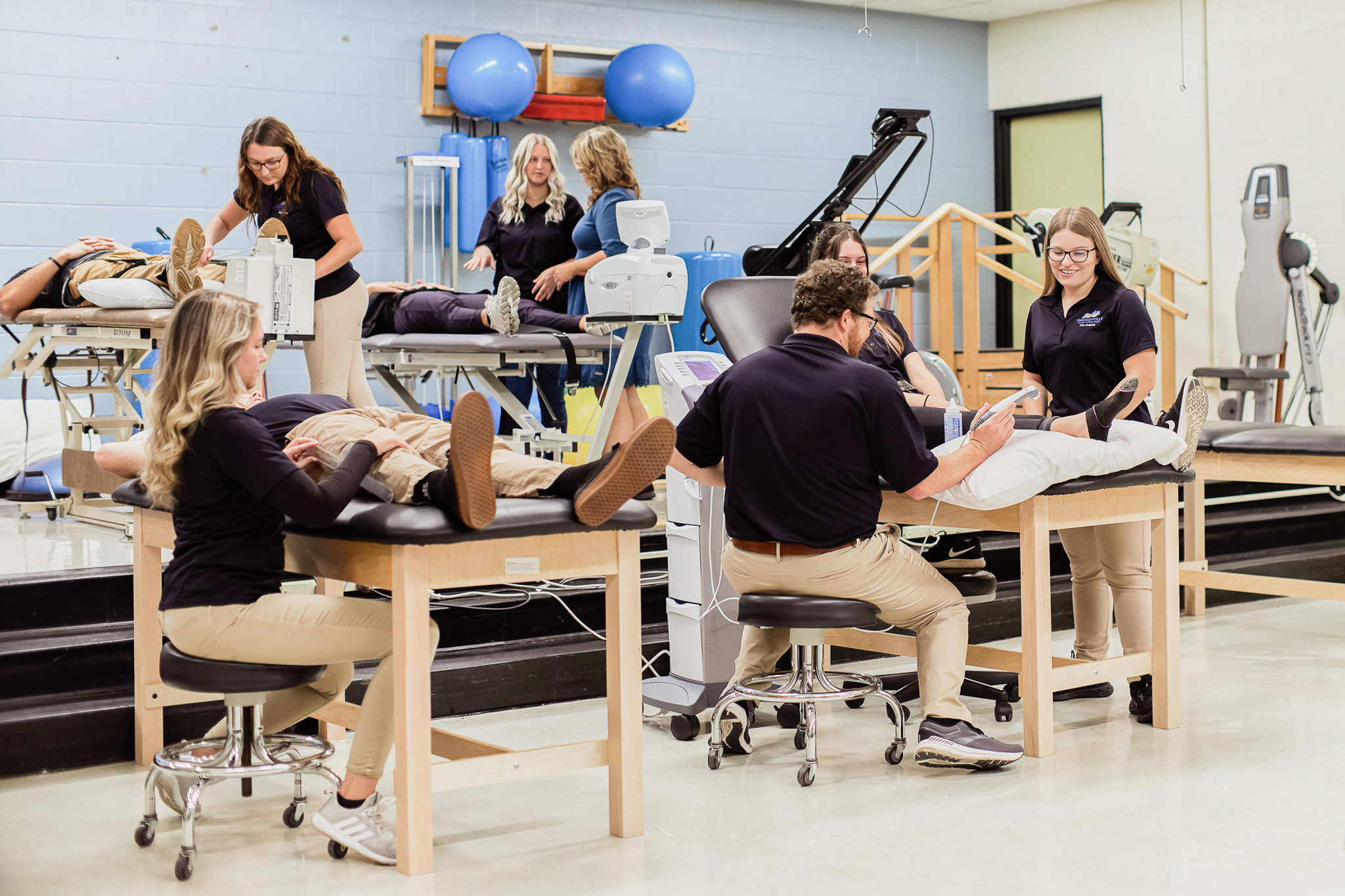Facilitating Recuperation Using Adapted Workout Regimens in Recovery Practices
Wiki Article
Rehabilitation is an essential process for patients who have experienced injuries, or other medical challenges. Recovery programs play a vital role in assisting these patients to regain their resilience, improve movement, and return to their daily activities. Customized exercise planning is a key component of effective recovery. This means that workouts are specifically structured to meet the individualized needs of each person. By focusing on personalized therapy plans, recovery programs can accelerate recovery and support better wellness results.
One of the initial steps in developing a customized exercise plan is assessing the patient’s status. Healthcare practitioners conduct assessments to determine the specific restrictions and abilities of each person. This might involve physical assessments, conversations about health history, and goals for rehabilitation. For example, an athlete rehabilitating from a knee injury may have distinct needs than an elderly person recovering from hip surgery. By acknowledging these differences, practitioners can design an exercise program that addresses the unique factors of each case.

Integrating various forms of exercises is crucial for effective rehabilitation. Strength training , mobility exercises, and cardiovascular exercises all play important functions in recovery. Resistance exercise assists rebuild muscle strength and enhance endurance, which is especially critical after long periods of inactivity. Mobility exercises increase joint mobility and prevent rigidity in joints. Aerobic workouts, like walking or biking, boost overall fitness and promote heart health. A well-rounded exercise program click here for more info that includes all these components can significantly aid in the rehabilitation journey.
Monitoring progress is another essential element of rehabilitation initiatives with customized exercise plans. As patients engage in their customized programs, healthcare practitioners observe gains and make necessary modifications to the program. This ongoing evaluation guarantees that the workouts remain effective and appropriate as the individual advances. Establishing specific advanced techniques in manual physiotherapy milestones can also encourage individuals during their rehabilitation journey. Achieving small objectives builds confidence and encourages persistence in adhering with the recovery program.
Ultimately, enhancing recovery through personalized fitness prescription requires collaboration between medical practitioners and individuals undergoing rehabilitation. Clear dialogue is key to understanding how each person feels throughout their rehabilitation journey. By collaborating together, both parties can identify any challenges and acknowledge achievements along the path. Tailored exercise plans not only help individuals heal physiologically but also add to their mental well-being by instilling a sense of achievement and self-reliance as they progress towards their health goals.